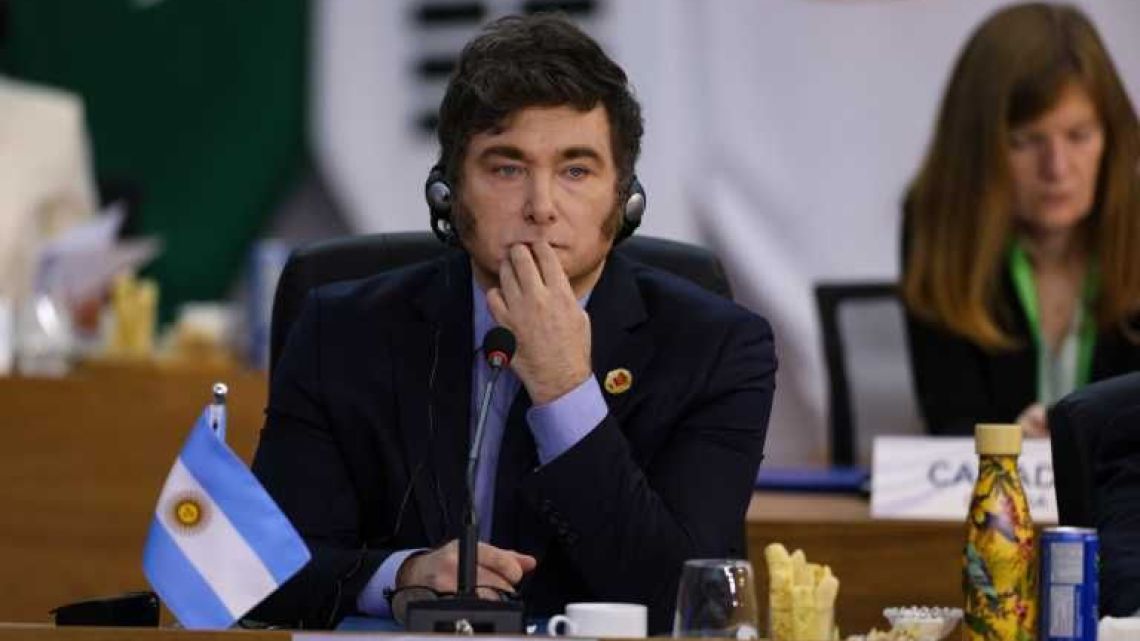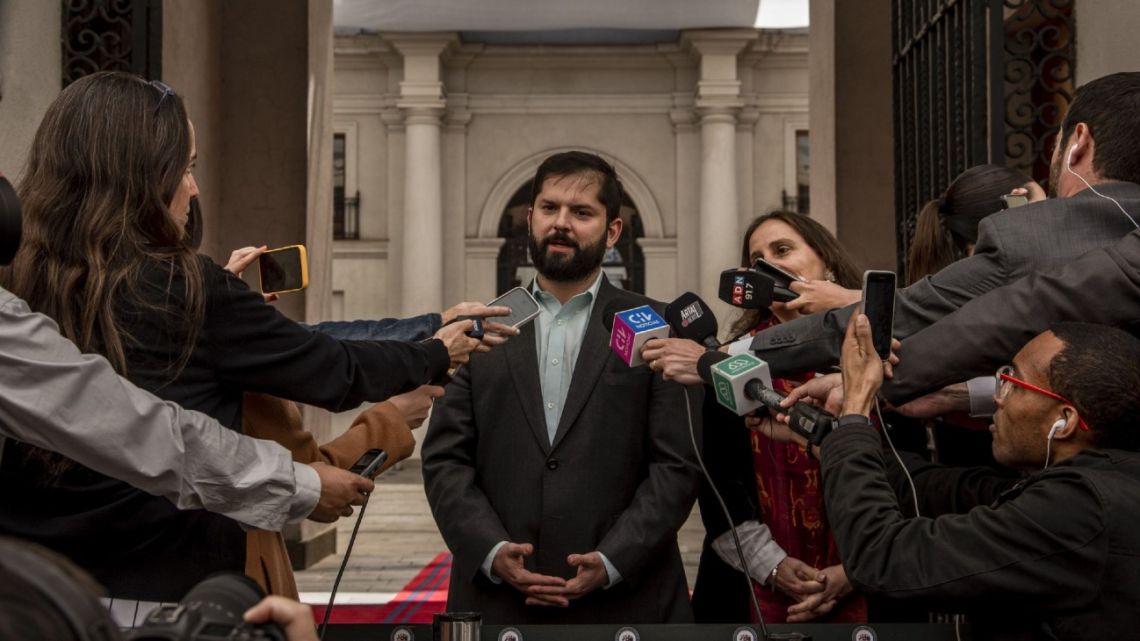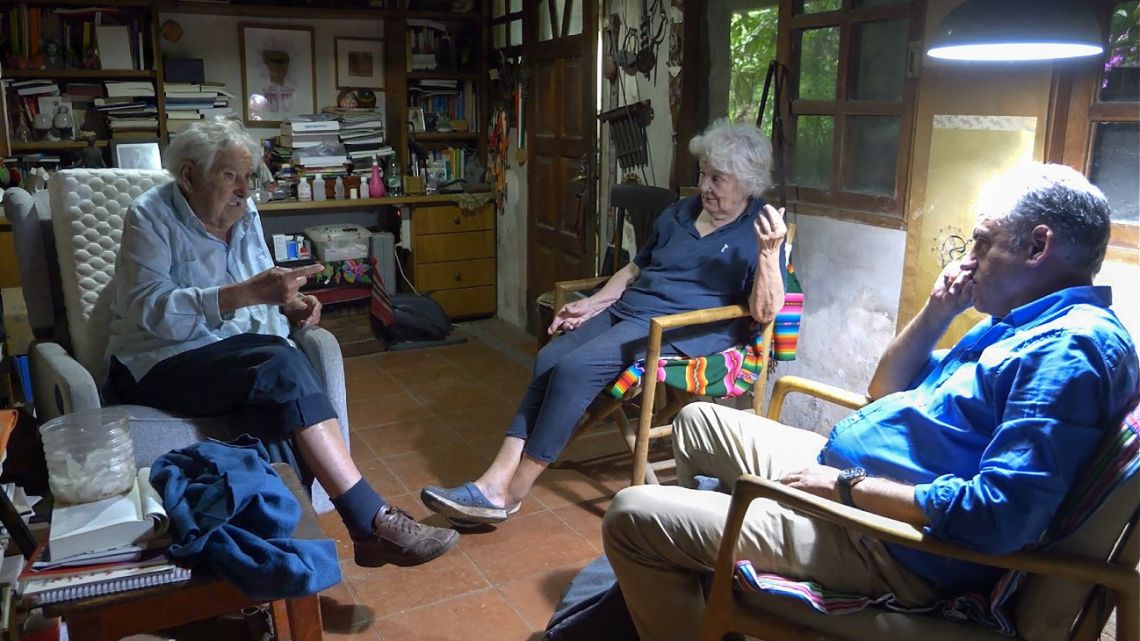A coffee farm in Minas Gerais, Brazil, has claimed the title of world’s best coffee in 2024. Fazenda Serra do Boné, owned by Matheus Lopes Sanglard, won the prestigious “Best of the Best” award at the Ernesto Illy International Coffee Award.
The farm’s success highlights Brazil’s growing influence in the specialty coffee market. Sanglard’s farm uses innovative techniques to produce exceptional coffee.
They employ the “despulpado” method, which removes the coffee cherry skin before drying. This process enhances the natural sweetness and complexity of the beans.
The jury praised the coffee for its creamy texture and full-bodied flavor profile. Sustainability plays a crucial role in Fazenda Serra do Boné’s operations.
The farm adopts regenerative agricultural practices to maintain soil health and biodiversity. They use organic fertilizers and biological pest control methods. These eco-friendly approaches have contributed to the farm’s success and recognition.
 Brazilian Farm Wins World’s Best Coffee Award 2024. (Photo Internet reproduction)
Brazilian Farm Wins World’s Best Coffee Award 2024. (Photo Internet reproduction)The award ceremony took place in New York City on November 13, 2024. Nine expert judges evaluated coffees from various countries. They considered factors such as aroma, sweetness, and complexity.
Future of Coffee Sustainability
Fazenda Serra do Boné’s coffee stood out among entries from Costa Rica, Ethiopia, and other renowned coffee-producing nations. Andrea Illy, chairman of illycaffè, emphasized the importance of regenerative agriculture.
He noted that this was the second consecutive year a Brazilian farm using such practices won the top prize. Illy believes these methods lead to more resilient production and superior quality coffee.
The competition also featured a “Coffee Lovers’ Choice” award. Consumers blind-tasted samples in the weeks leading up to the event. Nicaragua’s SMS Cluster ECOM won this popular vote, showcasing the diversity of excellent coffees worldwide.
Beyond the awards, the event fostered discussions on coffee sustainability. Industry leaders gathered at the UN Headquarters to address challenges facing coffee production. They focused on climate change impacts and the need for sustainable farming practices.
Participants proposed a $10 billion public-private fund to support smallholder coffee farmers. This initiative aims to help farmers in tropical regions adapt to climate change. It reflects growing industry awareness of environmental and social responsibilities.

 By The Rio Times | Created at 2024-11-25 10:19:21 | Updated at 2024-11-26 15:45:20
1 day ago
By The Rio Times | Created at 2024-11-25 10:19:21 | Updated at 2024-11-26 15:45:20
1 day ago








